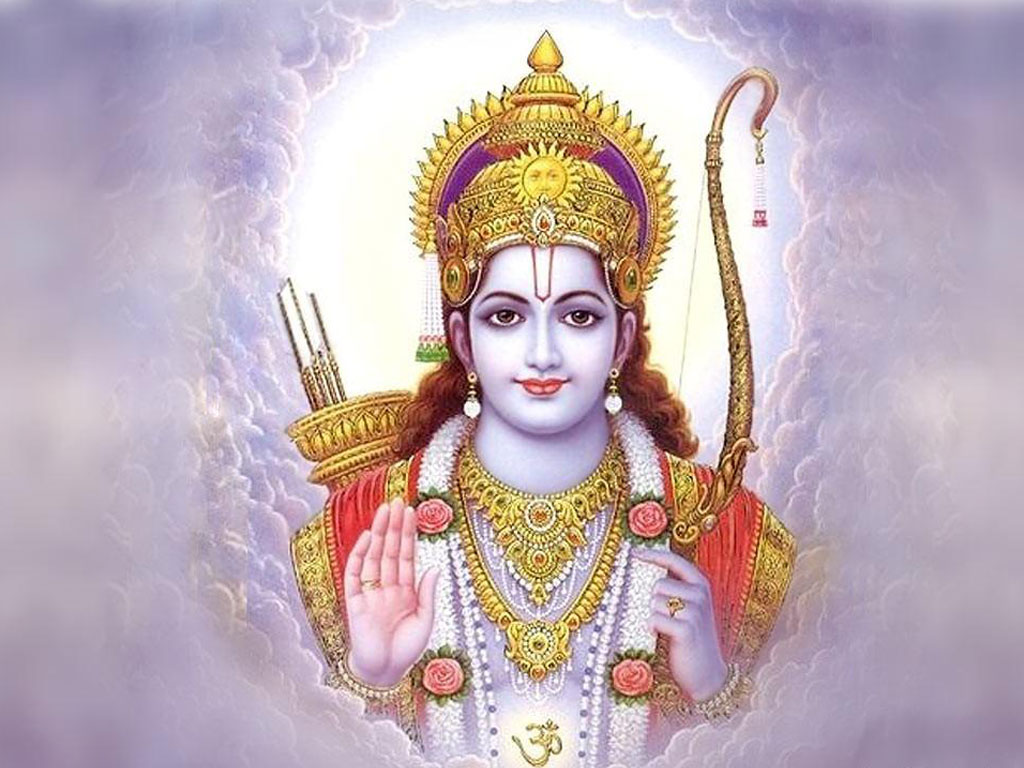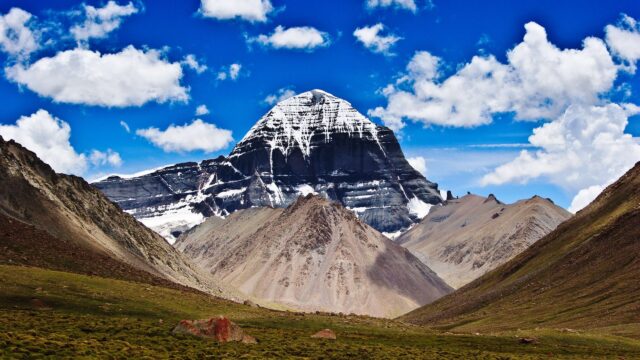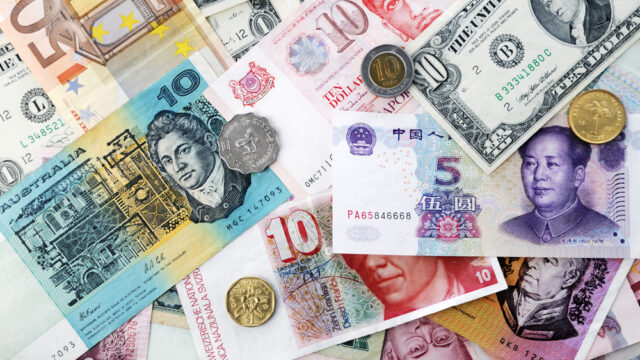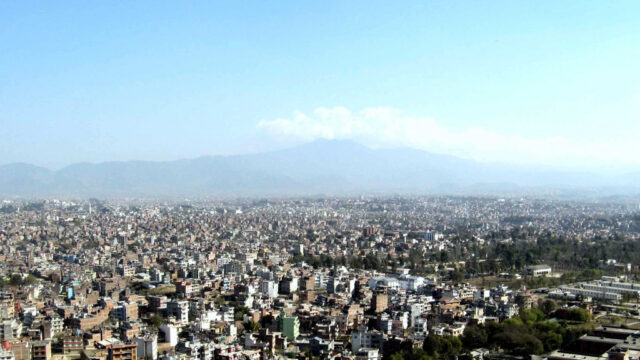The auspicious festival of Ram Nawami, celebrating the birth of Lord Shri Ramchandra, is being marked today with great religious and cultural fervor across Nepal. Devotees across the country are offering prayers, reciting scriptures, and participating in various spiritual activities in temples and shrines dedicated to Lord Ram. Celebrations are also underway in Janakpur, a major cultural and religious center associated with Lord Ram and Goddess Sita.
According to Hindu mythology, Lord Ram was born on Chaitra Shukla Nawami, the ninth day of the waxing moon in the month of Chaitra, as the son of King Dasharatha and Queen Kausalya of Ayodhya, during the Treta Yuga. Revered as the seventh incarnation of Lord Vishnu, Shri Ramchandra is seen as a symbol of righteousness, moral values, and ideal governance.
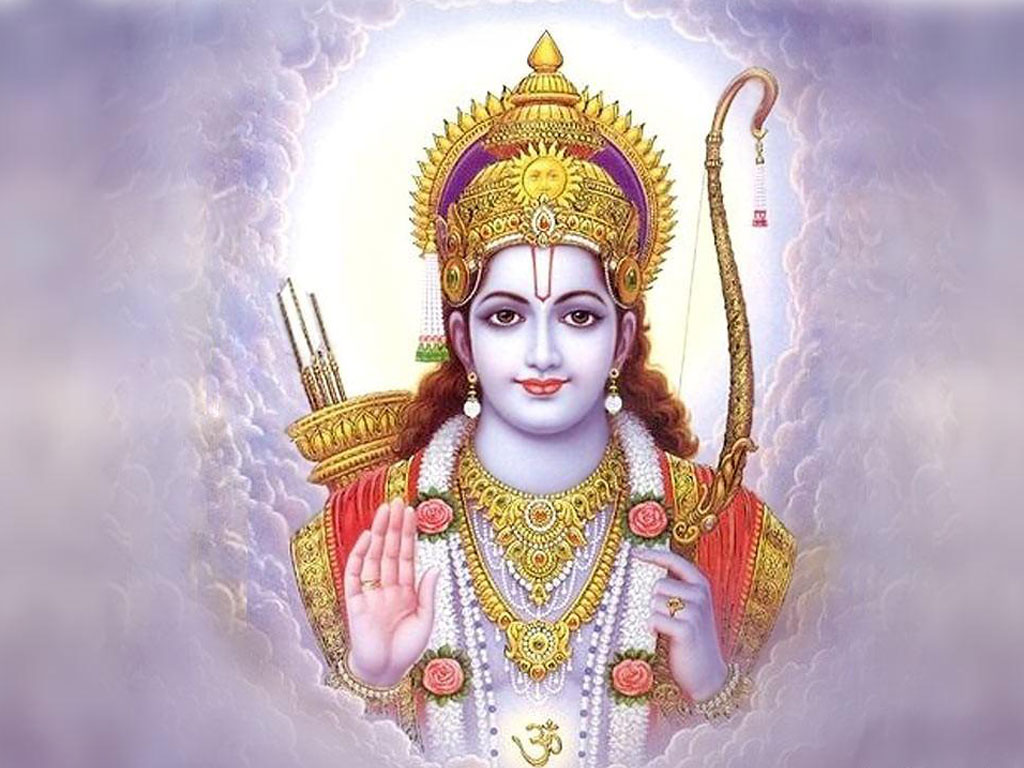
Speaking on the significance of the festival, Prof. Dr. Ramchandra Gautam, a renowned theologian and Chairperson of the Nepal Calendar Determination and Development Committee, emphasized that Ram Nawami is not just a religious event but also a source of moral inspiration for individuals and leaders alike. “One of the core messages of this festival is to inspire a dignified, disciplined, and controlled state ruler like Ram,” he stated. According to him, the life of Lord Ram offers a timeless example of just leadership, unwavering truth, and commitment to dharma.
In Janakpur, the birthplace of Goddess Sita and a significant site in the Ramayan narrative, grand celebrations are taking place today. Devotees from Nepal and India have gathered at the Ram Janaki Temple, where a vibrant fair is being held in honor of the occasion. One of the most anticipated aspects of the celebrations is the performance of Ramlila, a dramatic re-enactment of the life and virtues of Lord Ram, which is being staged in Janakpur and also in Ayodhya, India.
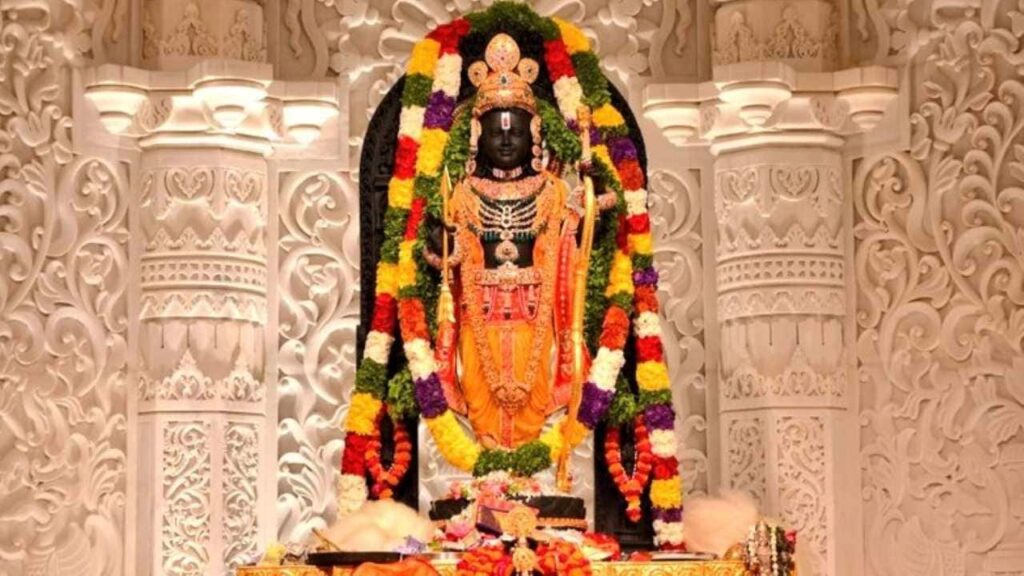
Throughout Nepal, temples are decked with flowers and lights. Long queues of worshippers are seen at temples from the early morning, participating in ritual worship (puja), Ramayana recitations, and bhajan-kirtan sessions that often continue through the night. Devotees, especially women, observe fasts, take holy dips in sacred rivers, ponds, and lakes, and offer prasad at temples as part of the observance.
On this special occasion, President Ramchandra Paudel extended heartfelt greetings to all Nepali citizens at home and abroad. In his message, the President wished for happiness, peace, and prosperity for everyone on the occasion of Ram Nawami 2081.
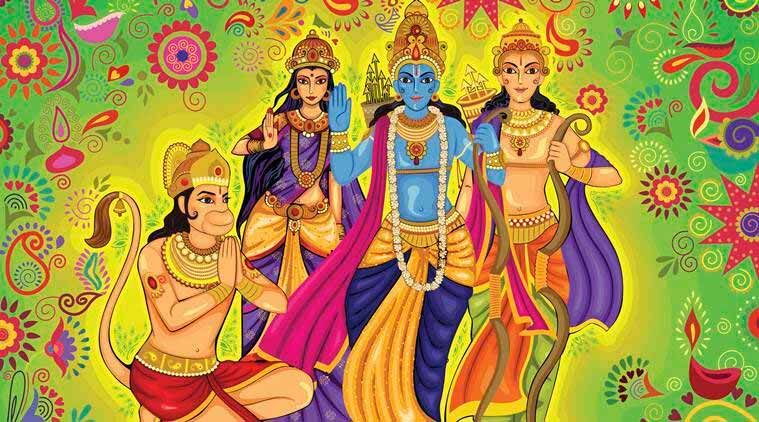
Highlighting the cultural and civilizational importance of such festivals, he said, “Indigenous festivals like this, which have been practiced for centuries, play an important role in preserving our ancient civilization, religion, and culture.” President Paudel further expressed his hope that Ram Nawami would contribute to national unity by fostering mutual trust, harmony, and cooperation across Nepal’s ethnically and culturally diverse population.
Echoing a similar sentiment, Vice President Ram Sahay Prasad Yadav stated that Ram Nawami offers a vital opportunity to renew faith in the ideals of Lord Ram, truth, discipline, and righteousness. “This festival should be taken as a moment to absorb the teachings of Shri Ram and pledge ourselves to national unity, prosperity, and collective progress,” said Vice President Yadav in his message.
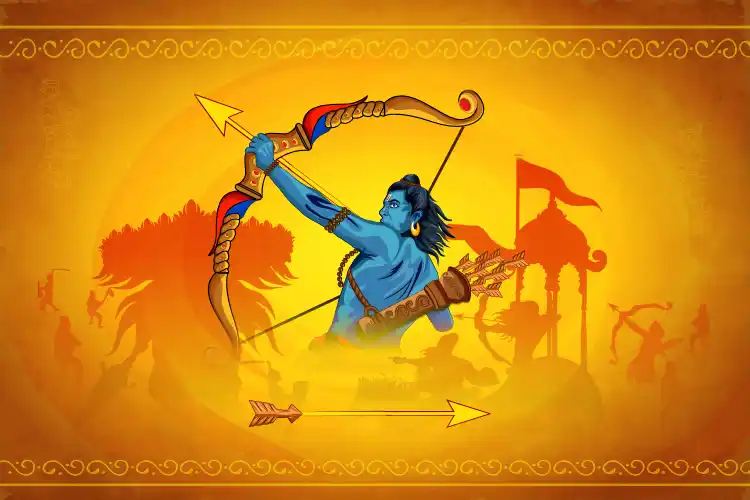
He further added, “Ram Nawami is not just a festival, it is an auspicious occasion to align our lives with the virtues of Lord Ram. May everyone be inspired to take bold steps with determination and good deeds as demonstrated by Shri Ram.”
Recognizing the national and cultural significance of the festival, the federal government has declared a public holiday across the country today. The holiday is enabling people from all walks of life to participate in prayers, community events, and cultural programs without the constraints of daily duties.
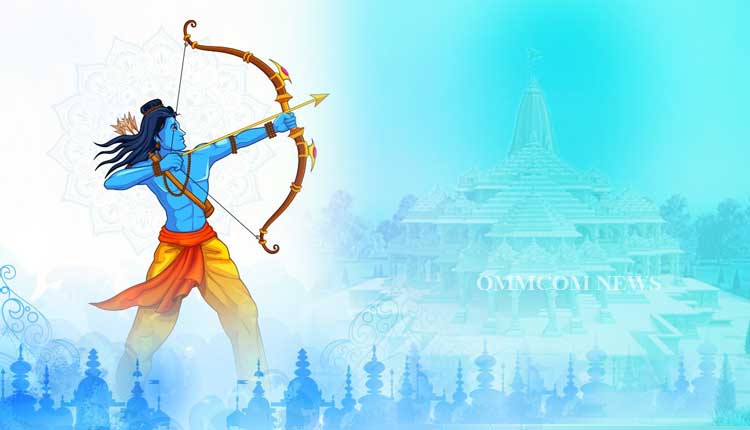
Local governments, religious institutions, and various community groups have also organized processions, distribution of free meals, charity events, and group worship sessions to mark the day. Many devotees are seen distributing holy water, fruit, and sweets as a form of offering and service.
As Ram Nawami brings together people in faith and celebration, it also reaffirms Nepal’s deep-rooted cultural values and religious traditions. The devotion shown during this festival not only honors a divine figure but also reemphasizes the timeless teachings of truth, duty, and compassion that Lord Ram represents. The ongoing festivities are a testament to the living spiritual heritage of Nepal and its close cultural ties with neighboring India. In a time of rapid change, festivals like Ram Nawami serve as a reminder of the importance of staying connected to spiritual values, encouraging ethical governance, and nurturing social unity across communities.
